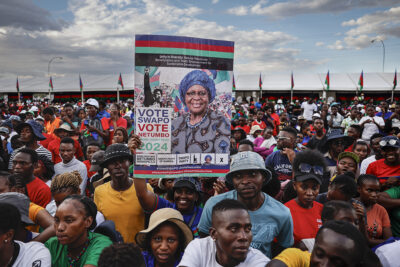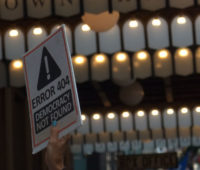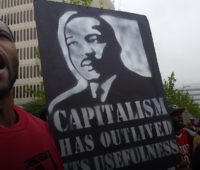In designing solutions to youth disconnection—young people who are both out of school and out of work—the issue of transportation may not immediately come to mind. Yet, a new report by the SSRC’s Measure of America program, Making the Connection: Transportation and Youth Disconnection, investigates the role lack of transportation infrastructure and services play in the lives of disconnected youth. Here, Kristen Lewis, the report’s author and Measure of America’s director, and Clare McGranahan summarize the report’s findings. While disconnection continues to decline post-recession, the pace is slow and youths of color are disproportionally affected. The report provides suggestions for how greater access to public transportation can improve youth reconnection.































